
Gaming is on track to boost the adoption of DeFi platforms. Here is a look at the latest developments that are pushing the play-to-earn business model.
The past few months have seen decentralized finance (DeFi) platforms gain a cult-like following on the backdrop of a bullish cryptocurrency market. That revolution of digital money is now moving into the gaming industry, creating an intersection between DeFi and the gaming experience that experts now predict will play a huge role in the next generation of games.
DeFi-focused tokens such as Polkadot (DOT), Solana (SOL) and Chainlink (INK), to mention a few, have had euphoric moments in the markets, gaining major traction as major developments continue.
Investors and speculators should expect even more going forward, given the bold move made by the likes of Solana Foundation and Houbi Ventures to invest in early-stage blockchain-based gaming platforms that incorporate DeFi into their system.
The emerging play-to-earn model is primed to highlight the benefits of blockchain technology in the gaming industry and beyond. In this article, we look at some of the latest developments in the DeFi gaming space with a discussion on what the future holds for this emerging sector.
Games simplifying DeFi
DeFi Land, a game designed as a multi-chain agriculture simulation aimed at enabling a gamified decentralized finance experience, just raised $4.1 million in a funding round that saw the participation of over 40 investors.
Founded in 2021, DeFi Land is privately held by a company whose headquarters are in India with a primary focus on creating educational and entertaining solutions for users looking to explore the DeFi space.
DeFi Land's agriculture simulation is designed with all the features you would find on a conventional DeFi platform. Unlike most DeFi platforms, however, DeFi Land features an interoperable ecosystem that is capable of running on other established platforms such as Uniswap or even Binance Smart Chain's PancakeSwap.
This approach is set to help DeFi Land avoid reinventing the wheel, thus allowing its users to access automated market-making protocols, decentralized exchanges and leading protocols on other blockchain networks. On DeFi Land, each digital asset is represented in the form of a plant. For instance, Solana's SOL token is a sunflower and the USDC stablecoin is a corn plant. Users can farm these tokens and earn an annual percentage yield that comes in the form of a bountiful harvest.
To make it even easier for users to learn the ins and outs of DeFi, DeFi Land features a practice mode where users can learn all about DeFi using fake assets while playing within a guided version of the game.
Brian Lee, a senior executive at Alameda Research — one of the firms that participated in DeFi Land’s investment round — said that DeFi Land blends “two of the most interesting things happening in crypto right now — gaming and DeFi.”
Huobi Ventures betting big on DeFi gaming
With an increasing wave of institutional capital flowing into the DeFi space, more companies are starting to pay serious attention to the sector, and Huobi Ventures is one of them.
The investment arm of Huobi cryptocurrency exchange, Huobi Ventures, just recently announced a $10 million fund that will invest in early-stage projects that combine a gaming experience with decentralized finance features, i.e., GameFi.
In addition to the financial support from Huobi Ventures, startups that take up the challenge will also receive Huobi's backing in terms of legal and technical support for their project, not to mention PR and commercial assistance.
Huobi Ventures director Unica Yin said, “blockchain technology has the potential to revolutionize the gaming business model and will play a core role in the next generation of games.”
Huobi Ventures also announced a $100 million fund dedicated to DeFi projects, which will reportedly help Huobi establish strategic mergers and acquisitions in the blockchain and crypto space.
The play-to-earn model
Apart from investors and project developers fueling the furnace that is play-to-earn, communities of gamers and nonfungible token (NFT) lovers are also joining the fray as seen with recent developments such as Crypto Gaming United and Zebedee managing to close $5 million and $11.5 million funding rounds, respectively.
Crypto Gaming United — a startup aiming to build a global guild community of gamers in the play-to-earn space — raised $5 million in an oversubscribed seed funding round. The round was led by Australia's top venture capital firms Mark Carnegie and Chrono.tech.
Crypto Gaming United is a gamers guild of NFT-based games with more than 1,500 members. The guild works across multiple gaming platforms, providing gamers with education as well as financial literacy on the digital economy. It makes money by splitting the revenue generated within sponsored gaming platforms with its members.
With its headquarters in Singapore, the guild predominantly features players from South Africa, India and Indonesia with a common theme of players hailing from low-income economies. Given that most players are not able to buy expensive gaming gear and assets, sponsors in the guild can provide financing that allows the players to generate revenue. The founders of the guild also acknowledge the fact that Singapore is a forward-looking jurisdiction in terms of digital assets and cryptocurrencies.
“At Crypto Gaming United, we are overcoming the cost required for admission to play, thereby allowing players to generate income through their gaming exploits” noted Carnegie.
Crypto Gaming United is not the only organization in the race. Zebedee is also taking part in the action as seen with its Series A funding that garnered $11.5 million.
Zebedee provides a suite of tools and products that enables developers to integrate Bitcoin (BTC) into their games while giving gamers access to wallets, streaming tools and other gaming infrastructure that improves performance.
Gaming is a tipping point
The relationship between the DeFi sector and the gaming industry is mutually beneficial. On one hand, gamers who spend endless hours and money on gaming platforms will now be able to monetize their time and progress. DeFi platforms and the entire industry as a whole will also have an easy process of onboarding new users, thus increasing mainstream adoption.
Experts already predict that the play-to-earn trend will further blur the lines between financial assets and in-game collectibles that were once viewed as valueless. This will allow a new generation of gamers to exchange in-game assets beyond the gaming platform.
DeFi mechanisms make it possible for various gaming platforms to not only make the gaming experience entertaining but also lucrative as gamers will be able to earn from simply playing.
Already, blockchain-based collectible and trading games such as AXIE Infinity and Splinterlands demonstrate that a play-to-earn business model not only has the potential to disrupt the gaming industry but also change how users learn and interact with DeFi platforms.
Because the video gaming industry is valued at $175 billion and the DeFi space currently sits on nearly $100 billion in total locked value, an intersection of both industries could be a real game-changer.

You can get bonuses upto $100 FREE BONUS when you:
💰 Install these recommended apps:
💲 SocialGood - 100% Crypto Back on Everyday Shopping
💲 xPortal - The DeFi For The Next Billion
💲 CryptoTab Browser - Lightweight, fast, and ready to mine!
💰 Register on these recommended exchanges:
🟡 Binance🟡 Bitfinex🟡 Bitmart🟡 Bittrex🟡 Bitget
🟡 CoinEx🟡 Crypto.com🟡 Gate.io🟡 Huobi🟡 Kucoin.
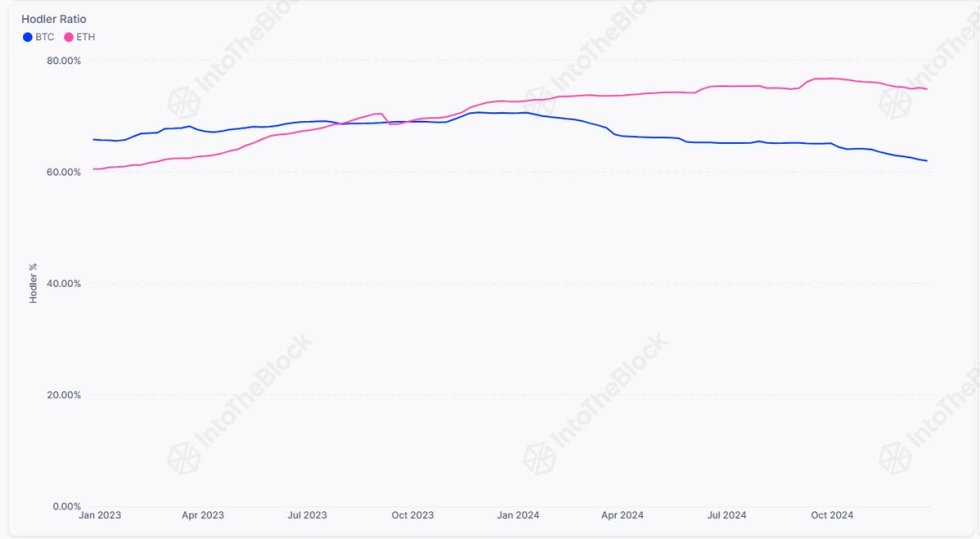




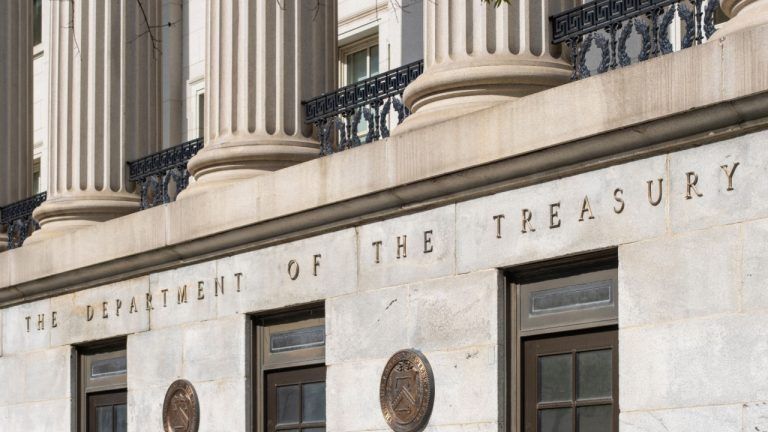
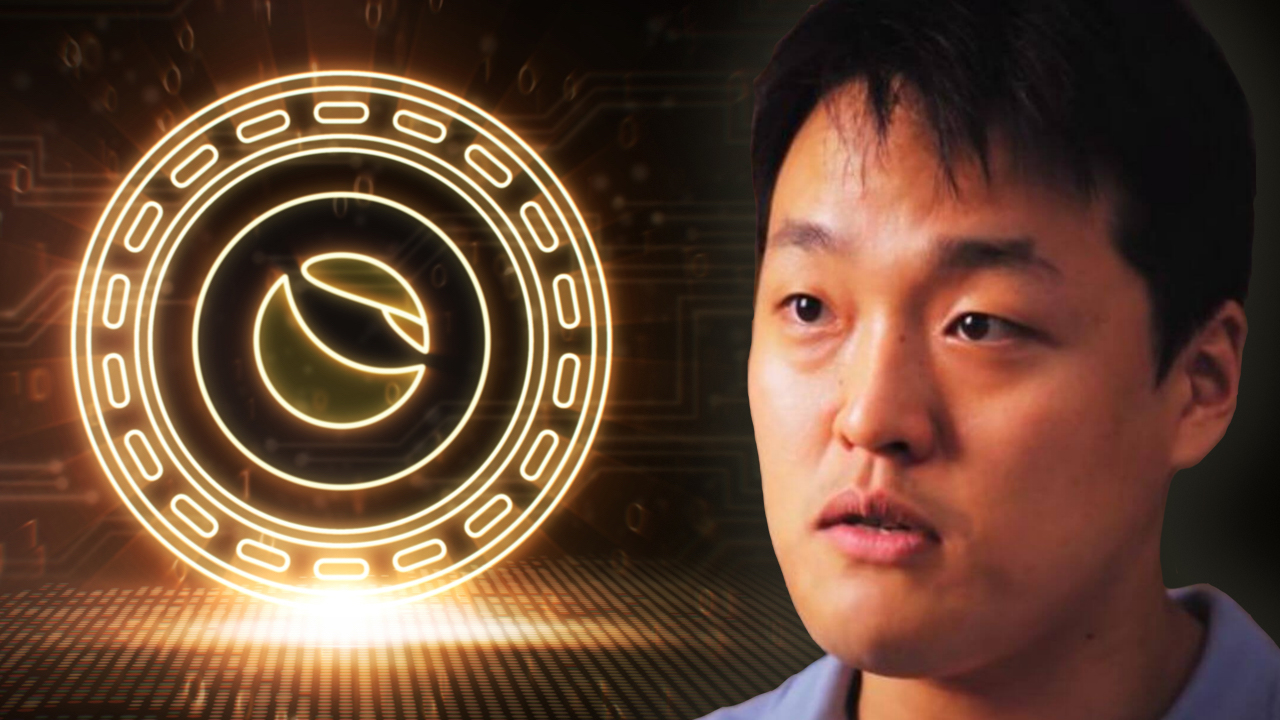

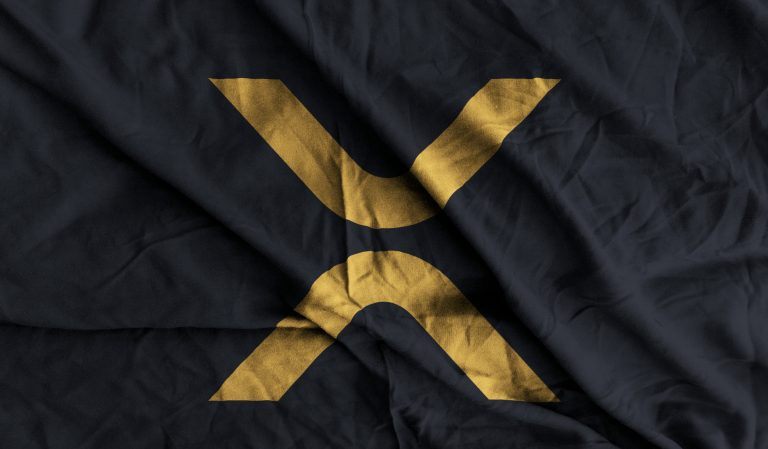
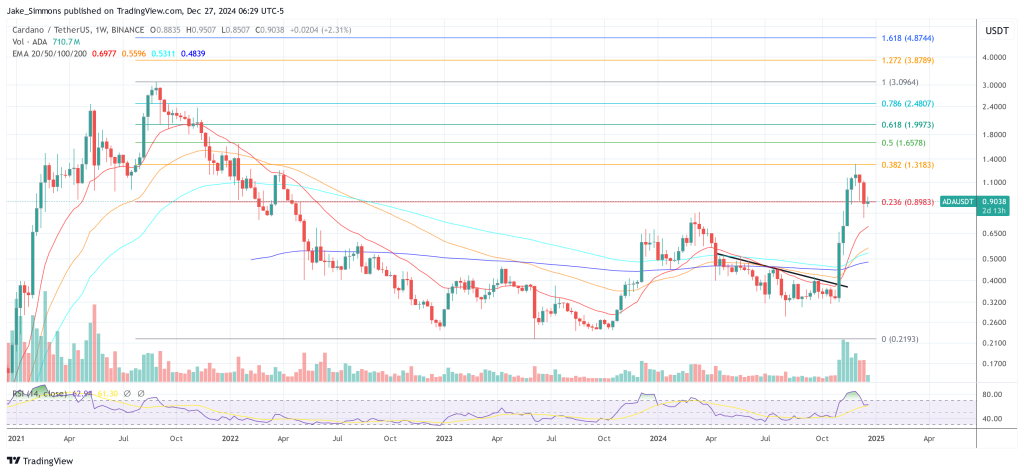


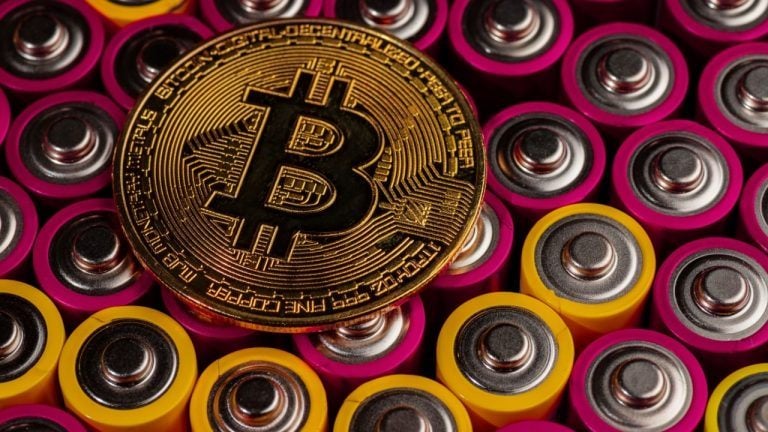






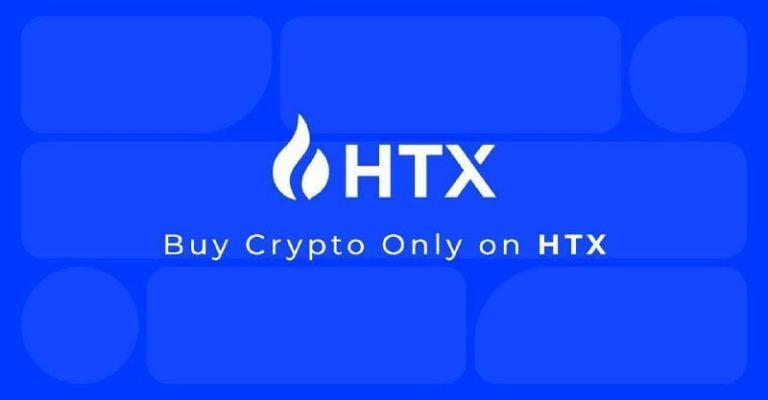
Comments